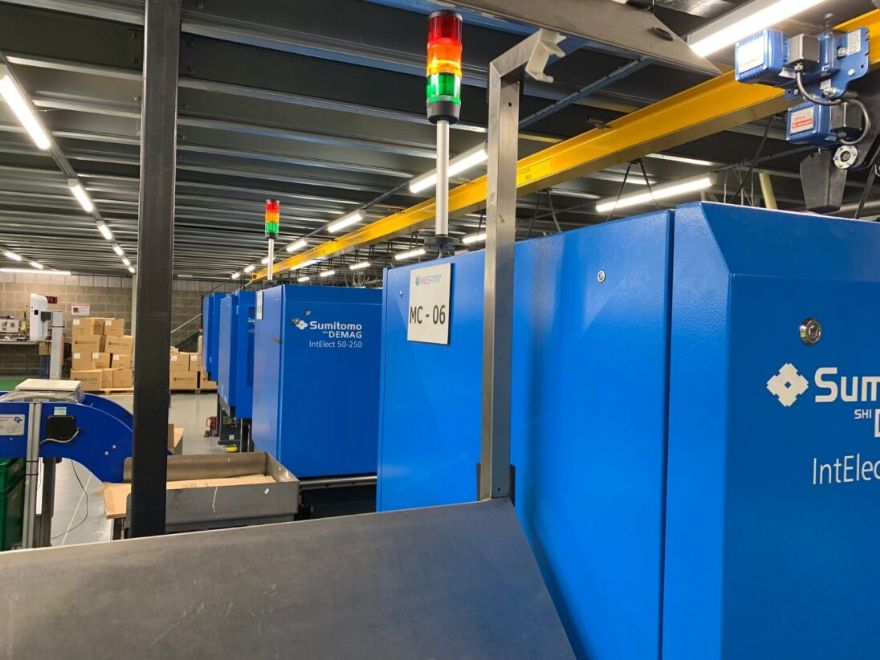
Despite the volatility of energy prices since late 2021, Lancashire-based polymer processor
MGS Technical Plastics has delivered significant energy savings and cut its carbon footprint by 41%. Furthermore, between 2022 and 2023, the company reduced electricity consumption by 97,222kWh, followed by a further 141,260kWh in 2024.
MGS Technical Plastics’ managing director Judson Smythe said that these measures go far beyond ticking sustainability or legislative boxes. In polymer processing, power and energy consumption are critical factors that influence operational costs, environmental impact, and productivity. By adopting cleaner technologies, improving resource efficiency, and forging supply chain partnerships that support a circular economy in plastics, MGS has embedded sustainability into every business decision.
Mr Smythe continued: “By prioritising sustainability and investing in environmentally responsible practices, MGS has lowered its carbon footprint by over 40% in just four years while unlocking greater commercial gains.” The company’s roadmap aims for ‘net zero’ before 2050, with clear interim goals focused on energy efficiency, digital transformation, material usage and circular manufacturing.
Through smarter energy management and targeted investments in all-electric and digital technologies, MGS reports a 28% reduction in electricity consumption over three years. In the same period, turnover increased by more than £1.4 million, enabling the production of approximately 450,000 additional components using significantly less energy. With over 90% of its energy use tied to production, these achievements are particularly notable.
Mr Smythe acknowledges the challenge of justifying investment in cleaner technologies when moulding machines can have a lifecycle of up to 20 years. He explained: “On the flipside, the faster cycle times, reduced energy, higher moulding precision and fewer rejects are persuasive benefits of the modern machines — no machine in our fleet is more than six years old. To support us we implemented a very structured and result-driven sustainability programme. It is unrealistic to do everything at once, so we have clear interim goals, and regular reporting and evaluation reviews to maintain progress, accountability and agility.”
Weekly sustainability goals are tracked via a centralised MES system, with operational managers responsible for execution and reporting directly to the leadership team. Mr Smythe cites the introduction of InTouch Monitoring as a significant game-changer for tracking energy use and patterns. He said: “It supports paperless workflows, digital job scheduling, real-time energy tracking, and downtime analysis.”
The data generated is used to optimise operations, reduce waste, and inform process improvements, influencing sustainability targets and strategic decision-making. Additionally, all energy consumed at the Blackburn facility is sourced either from on-site solar panels or from Urban Chain, a renewable energy provider. With more panels added in 2024, MGS trebled its solar power generation from 50 kWh to 150 kWh, covering 15 percent of its energy use.
Helping customers transition to more bio-diverse materials is another part of the strategy. Using recycled and biodegradable materials such as Gum-tec contributes to projects like re-usable deodorant, vertical planters, and lightweight automotive components. In mid-2025, MGS secured another multi-million-pound contract with a renewable energy client based on its sustainability credentials.
Mr Smythe concluded: “Energy-efficient technology adoption of this scale requires a clear forward-thinking approach with robust ROI projections and a phased roll-out plan. This is more than just industry stewardship, these steps are imperative for the future of manufacturing.”